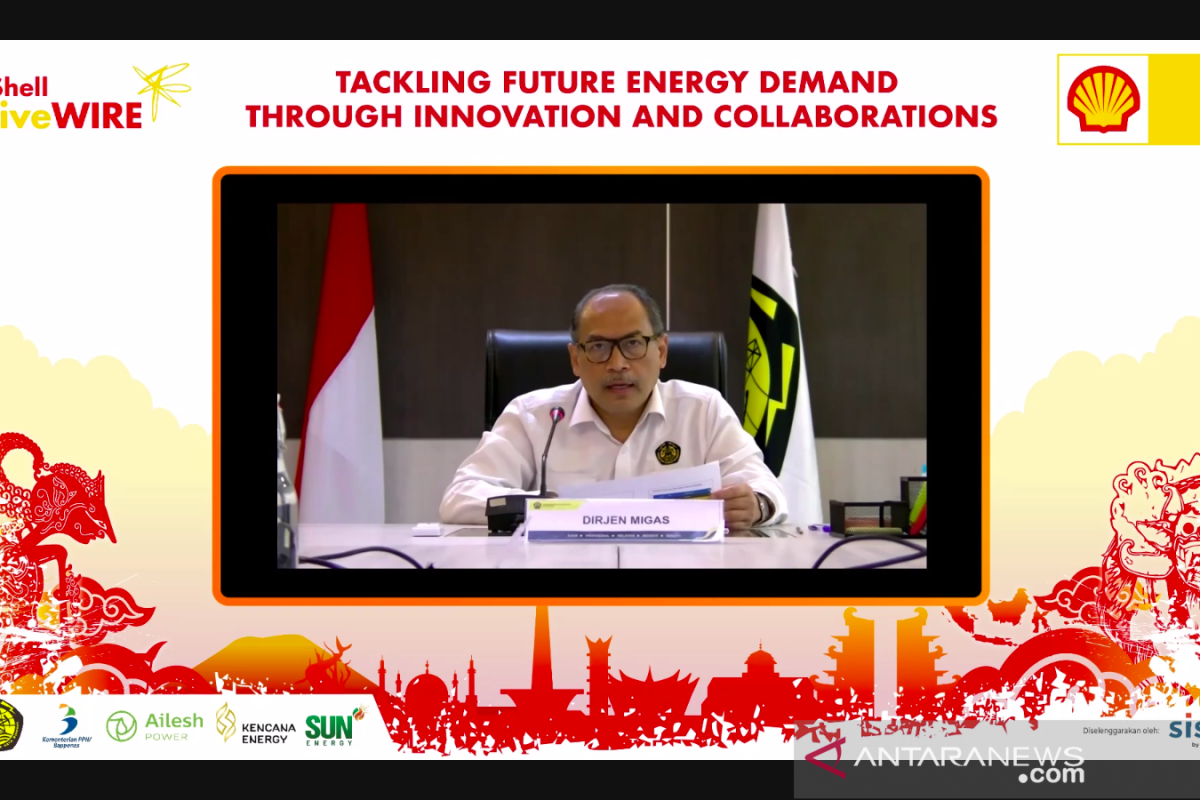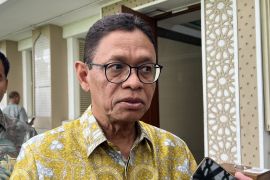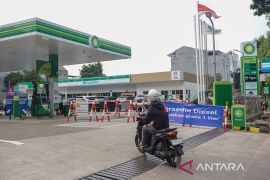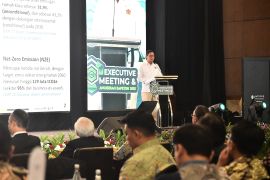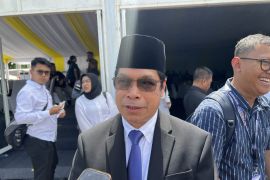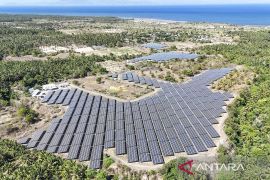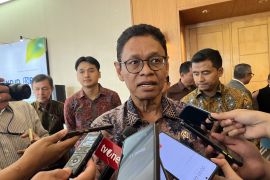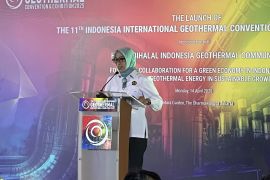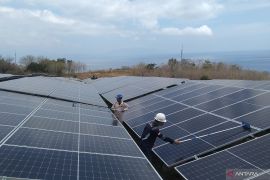The government also plans to construct the Dumai-Sei Mangkei pipeline to connect the gas network from North Sumatra to East Java.Jakarta (ANTARA) - The linking of natural gas transmission pipelines in Java and Sumatra will increase the growth of national industry and economy, an official from the Energy and Mineral Resources Ministry has said.
"It will greatly assist industrial growth in Sumatra and Java, thereby increasing national economic growth," director general of oil and gas at the ministry, Tutuka Ariaji, said during a webinar entitled ‘Tackling Future Energy Demand through Innovation and Collaborations’, which was accessed from here on Wednesday.
Currently, the government is accelerating the construction of two strategic natural gas transmission pipeline projects, comprising the 255-km Cirebon-Semarang section on Java Island and the 386-km Dumai-Sei Mangkei section on Sumatra Island, he informed.
The sections will further extend the linkage of the gas pipelines of the two islands, Ariaji said.
The construction of the Cirebon-Semarang pipeline section will be undertaken in two stages -- the Semarang-Batang segment will be built in 2022 and Batang-Cirebon segment in 2023, he said. The project will be financed by the state budget, he added.
Related news: Ministry ensures operational readiness of Gresik-Semarang gas pipeline
The Downstream Oil and Gas Regulatory Board (BPH Migas) has proposed an investment of Rp1 trillion for the construction of the natural gas transmission pipeline for the Semarang-Batang segment in next year's budget plan, Ariaji said.
However, BPH Migas is open to funding through the state budget or a public-private partnership (KPBU) scheme for the Batang-Cirebon segment project, he informed. The estimated budget for the segment is Rp1.89 trillion, he added.
Meanwhile, the transmission pipeline construction project for the Dumai-Sei Mangkei section has been carried out since 2014 and will be re-adjusted prior to the termination of gas supply from the Corridor Block to Singapore in 2023, he informed.
The transmission pipeline construction on the island of Sumatra is intended to meet domestic needs, especially the demand of the industrial sector and for power generation, he noted. Thus, the gas exploration with a capacity of 300 million standard cubic feet per day from the Corridor Block will no longer be exported to Singapore or other countries, he added.
Related news: SKK Migas discloses new gas reservoir finding in South Sumatra
"In Java regions, the Cirebon-Semarang pipeline is expected to be built in the next few years. The government also plans to construct the Dumai-Sei Mangkei pipeline to connect the gas network from North Sumatra to East Java," Ariaji said.
The government is committed to encouraging the increase of reserves, oil and gas production, as well as optimizing the use of natural gas for domestic needs, which are currently recorded at 63.9 percent, he added.
According to the Energy and Mineral Resources Ministry, the realization of natural gas's contribution to the national energy mix last year was 19.36 percent. Furthermore, it is targeted to increase to 22 percent in 2025.
Currently, the potential national gas reserves have reached 62.4 trillion cubic feet (TCF), with 43.6 TCF of proven reserves that can be produced over the next 20 years, Ariaji said.
As much as 85 percent of the total potential is located in the eastern regions of Indonesia, thus infrastructure development is key for maximizing the potential of the commodity to support the energy transition and encourage national economic growth, he added.
Related news: PHE oil, gas production surpasses its target
Translator: Sugiharto Purnama, Uyu Liman
Editor: Suharto
Copyright © ANTARA 2021
